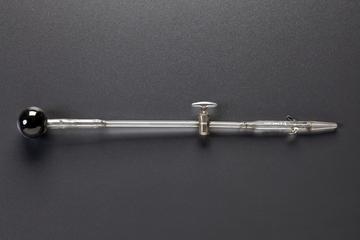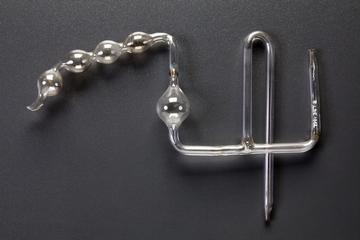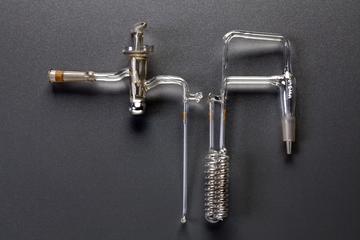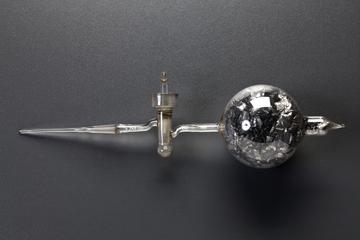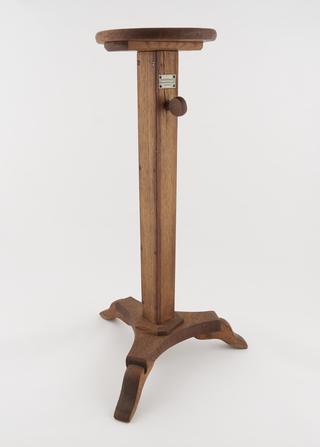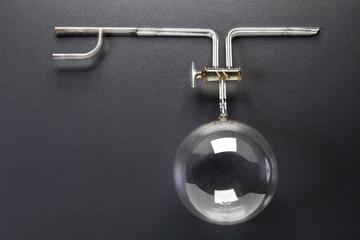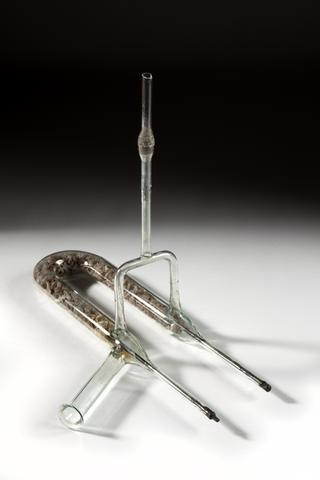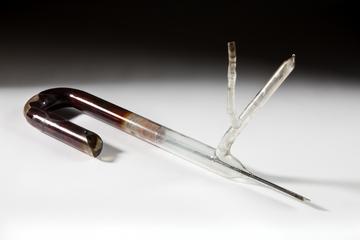
Sir Edward Frankland 1825 - 1899
Sir Edward Frankland (1825-1899), pioneer in organometallic chemistry and industrial chemist.
Frankland was born on 18 January 1825 at Churchtown, Garstang, Lancashire, the son of Margaret Frankland (1797-1881). Frankland attended eight different schools in Lancashire, including James Willasey’s school in Lancaster and Lancaster grammar school.
In 1840 he was apprenticed to a Lancaster pharmacist, Stephen Ross, where he learnt to handle chemicals with care and precision, including mercury ointments. In his early twenties he would attend classes and borrow books from Lancaster’s Mechanics Institute. Frankland also used the laboratory of the Lancaster doctor, James Johnson. Johnson helped Frankland to get a place at Lyon Playfair’s (1818-1898) laboratory in Westminster, London, in 1845.
In London, Frankland met the chemist Hermann Kolbe (1818-1884), who was also one of Playfair’s assistants. Frankland and Kolbe helped prove the existence of chemical radicals (a molecule, atom or ion that has at least one unpaired valence electron).
In the late 1840s, Frankland attempted to isolate the ethyl radical by reacting zinc with ethyl iodide, but he lacked the right equipment to analyse his results. A couple of years later, in 1850, Frankland found an unopened a test tube which he had used to carry out one of these reactions. With the right equipment at hand, he found that the test tube now contained a liquid organic compound that contained a metal, zinc. “Organometallic” chemistry was born.
Frankland was appointed to be the first professor of chemistry at Manchester’s Owens College in January 1851. In the industrial city, Frankland’s research transformed. He learnt industrial chemical techniques from James Nasmyth (1808-1890), for example heating reactions under high pressure in iron containers (digesters). Using industrial techniques, Frankland could make organic zinc compounds in bigger quantities.
At Owen’s College, Frankland acted as an expert chemist for industry, including for the water, coal gas lighting, alcohol, agriculture and alkali industries. Frankland strengthened Manchester’s tradition of applied chemistry.
